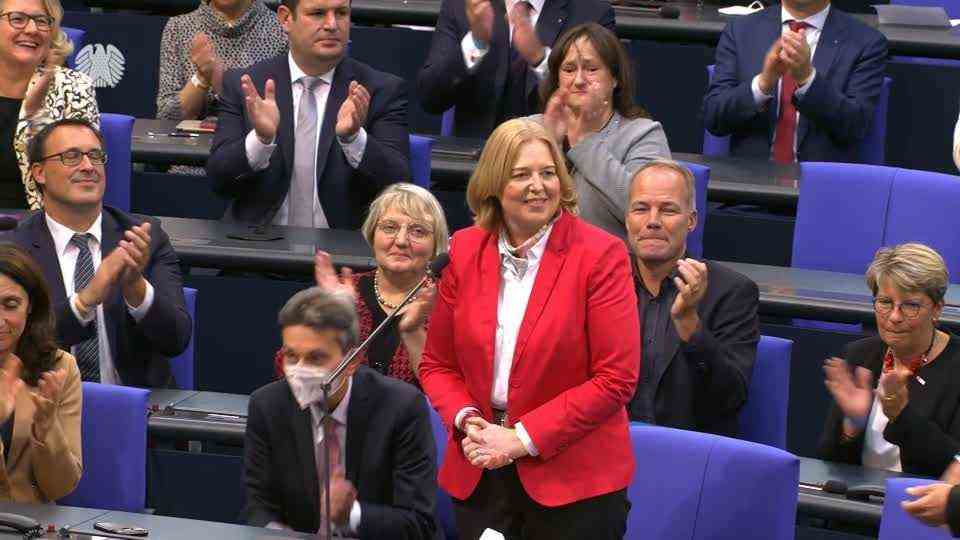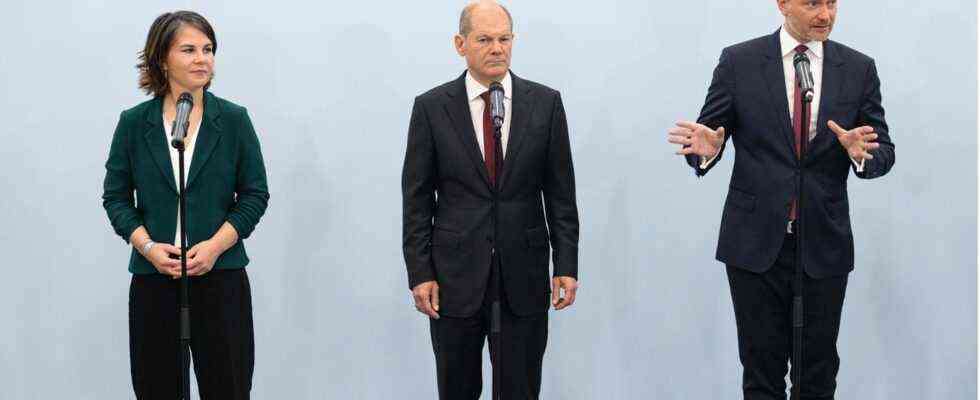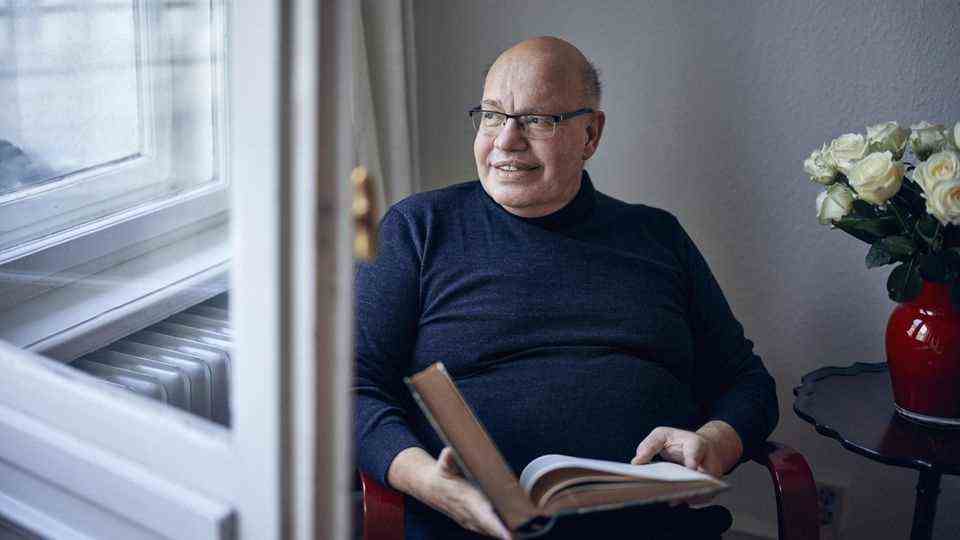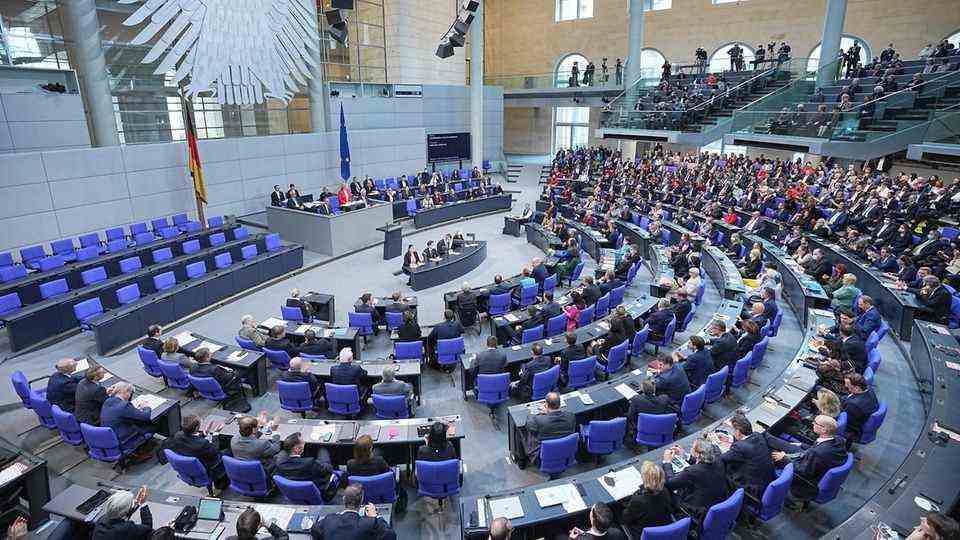Pensions, climate, finances
With these irritating topics, the traffic light negotiations could get bumpy
From left: Greens co-chair Annalena Baerbock, SPD chancellor candidate Olaf Scholz and FDP leader Christian Lindner
© Jens Schlueter / Getty Images
Now it becomes the content: The traffic light parties are entering into detailed coalition negotiations. There are still a few points of contention to be cleared. Where does it get bumpy? An overview.
On Wednesday, the SPD, Greens and FDP will start their coalition negotiations in detail – the 22 working groups on the various topics will meet for the first time. In some places, the conversations are likely to be rather bumpy due to the strongly divergent ideas of the three partners. An overview:
Climate and environment
According to the exploratory agreement, the expansion of green electricity is to be drastically accelerated in order to bring Germany on the 1.5-degree path in terms of climate protection. Solar systems should become compulsory for new commercial buildings and the rule for new private houses. Two percent of the land area is to be devoted to onshore wind power. The coal phase-out should “ideally” take place by 2030. The EU proposal to only allow CO2-neutral vehicles from 2035 is supported; in Germany this should take effect earlier.
The Greens book these points as assets for themselves, but for many in the party this is not enough: There is widespread displeasure, for example, that there should be no general speed limit on motorways. And the party must also be careful not to disappoint the climate protection movement.
Budget and finances
Necessary investments in the future should be made possible “within the framework of the constitutional debt brake”, especially for climate protection, digitization and education. Taxes such as income tax, business tax and VAT should not be increased. There should also be no new “substance taxes”; that would be a wealth tax, for example.
Many in the Greens and the SPD are dissatisfied with the fact that because of this determination it remains open how necessary investments are to be financed – even if it is clear to them that the constitution would have to be changed in order to move away from the debt brake. A “traffic light” is missing the majority.
Meanwhile, the FDP is vehemently opposed to taking advantage of the fact that the debt brake is suspended again for next year. FDP General Secretary Volker Wissing reacted angrily to statements by SPD Chancellor candidate Olaf Scholz and Greens leader Robert Habeck that the Liberals were preventing lower and middle income groups from relieving the burden with their resistance to tax increases.
Social
Hartz IV is to be replaced by a citizen’s allowance, which also enables more additional income opportunities. But the positions of the SPD and the Greens to recalculate the standard rates and at least partially abolish the controversial sanctions are not reflected in the results paper of the explorations. There should still be a lot of need to talk about this.
Pensions
What the coalition will agree on the pension is not necessarily to the taste of the FDP: Because the exploratory paper provides for the pension level to be secured at 48 percent. Pension cuts are therefore off the table, and an increase in the retirement age is also ruled out. That has to be financed; contributions increases or an increased federal subsidy are possible. It could still be exciting if, for example, an FDP finance minister Christian Lindner has to make the money for it.
The planned entry into a partial funding of the statutory pension insurance has a catch from the FDP’s point of view. The planned capital stock of ten billion euros is to be financed through the federal budget through a loan.
Housing and rent
In order to ease the situation on the housing market, 400,000 new apartments are to be built every year, 100,000 of which are publicly subsidized. This is to be implemented through an “alliance for affordable housing”. Applicable tenant protection rules should be extended, but there should not be a rent cap. This is exactly what the Greens encounter in metropolitan areas like Berlin.

Parity in the cabinet
SPD chancellor candidate Olaf Scholz would like to fill the future cabinet with as many men as women. Green politicians in particular are urging that the FDP also fill their government posts with equal representation – but prominent liberals reject a strict requirement here.



